Palestinian olives
In Palestine, in around there are around 10 million olive trees that cover 60% of its land. They are hundreds of years old. The olive tree is a symbol for Palestinians It’s part of Palestinian culture, meals, and heritage. The olive tree is history, it is civilization, future, and the story of Palestinians who were raised in the land of occupied Palestine. The olive tree is symbolic for the Palestinian people more than any other tree in Palestine, Israel tears it down, dig it up, they burn it trying to destroy the identity of the Palestinian people. Israelis purposefully dug up the olives and burned down the olive trees because they don’t want to see a single tree left on the West Bank.
This is Palestine
It's a country where 60% of the land is filled
with ten million olive trees some of these trees are thousands of years old
older than Rome and from each tree the Palestinians make wonders they take the
olives and turn them into gold this Odin this Palestinian olive oil may be
pretty costly due to the fact right here it makes suitable meals even higher or
even the tree itself has emerge as a symbol of the entire country from the same
trees they make pickled olives olives soap and olive tree souvenirs come visit
Palestine and taste there always trust me they won't disappoint our story
starts thousands of years ago on the mountaintops deep in the hills of
Palestine our our ancestors planted native Palestinian Novelli and Ru-mi olive
trees passed down through generations rooted inherited and cared for as if it
was one of their children to carry their heritage and traditions for millennia these farmers cultivated and
harvested these trees in the same way by their own hands they've all watched it
grow to become a symbol of their life and history keep it half a mile if neck
never seen half of them in half of others it is a pathetic borrow her will not
give her so much dad know that I've done it
these families live for with and by the life cycle of the olive and its
tree they plan and pave the future path of their children with every harvest
alumni lunette ring joke was on minute old woman shovel hoe he said I'd been
hand them in hand when there's a Theon even exactly be locked off there is
nothing more symbolic and meaningful to Palestine than the olive tree Palestine
is the birthplace of the olive tree and beneath the olive trees are spread out
in every direction from the hilltops civilizations have risen and fallen in
each tree in each olive are the inherited cumulative years of birth and death
victory and defeat joy and sorrow growth and stagnation the complexity of the
history of our trees and our communities and their closeness to nature is why
our oil tastes like only a Palestinian olive oil can in each drop of oils the
work and life of generations made by hand in the old way carrying the flavor of
our history.
Olive tree & OIL
Unfortunately, in most parts of
the world, the olive tree has become an endangered species as it is threatened
by deforestation and pollution due to its close relationship with water
sources. These threats have led to the death of many trees in Palestine and
some of them were killed by Israelis who wished to make the land for their own
personal and business interests.
In this article, we will look at
the history of how the olive tree was cultivated by the early residents of
Syria and Lebanon and the challenges that faced agriculturalists during these
times. We are going to discuss how olive trees became an important part of the
agricultural activities of nations such as Egypt and Greece. The question
arises, why did people need olives? Why did they want one? It was not a simple
question because people from all over the world wanted one. Today, it's hard to
imagine life without any kind of fruit. In a similar way, olives were used by
Mediterranean traders as well as the Romans and Greeks.
The first olive trees were invented and grew on Mount Sinai Sinai, Palestine. During this time, there were no records of olives. This means that farmers were unable to find out the true meaning of this leafy vegetable. On top of that, the olives were highly valued as they were known to have great healing properties if consumed after plowing. And that is where the name "olive" comes from. The seeds were stored in the leaves of the olive tree. At the beginning of the twentieth century, a professor named Leandro de Almeida developed the theory of the medicinal value of olives. He explained his theory in 1792.
These are the roots of what later
came to be recognized as the medical use or medicinal value of olives. Olives
were also important for ritual purposes. The ancient Egyptians believed that
having an olive tree would help the sick to recover after being ill and that it
could heal even those suffering from rheumatism. Today, many people still enjoy
seeing a beautiful specimen of the olive tree. People say, “That’s the cherry
on top” of olives. If you look closely at the seed, you can see that it has
been preserved under many different conditions since the 1930s. Today, more
than five billion olives are grown throughout the whole world. They are called
cultivars. Many cultivars produce between three million and eight million tons
of oil this year. But many of them were planted for commercial purposes only.
It was not until around 1830 that
the first cultivated olive trees were documented. According to the records, it
was then that the olive tree spread across Europe; especially in Italy and Spain.
That is when Europeans started to think of olives as something unique. For
example, the Spanish conquistadors brought along hundreds of thousands of
pounds of olives for various reasons. Their motives were varied but mostly they
wanted to harvest as much as possible from the Mediterranean, which was home to
the olive tree. They even had the intention to eat the olives as soon as they
arrived on the shores of the Mediterranean Sea. In 1519, European merchants
built a stone fence that made it difficult to grow olives in the area. To
protect themselves from thieves, they used wood that was harvested from trees
like oaks.
As olives were very often used in
medicine, there was a huge demand for them. However, farmers of this kind of
work can only reap so much profit if the market prices remain constant. When
people saw large quantities of olives at auctions, they couldn't wait. The
price increased quickly and they bought dozens of acres of land in order to
grow more olives. Because they were growing so rapidly, they were forced to
sell most of their land. As a result of their inability to buy farmland, most
of these men became slaves. Since they had little money for their purchases,
agriculturalists began selling their products for low prices. These days,
farmers of olives make up about twenty percent of the world's growers and the
other eighty percent of the rest go to factories that process the seeds into
oils.
Nowadays, olives are not used as food, rather they are a material to make other products such as wine or makeup. Farmers of olives make up about half of the manufacturing industry and a quarter of the world's food supply. A lot of people in the United States love olives and consider them the national emblem. While that is very popular, I believe it is only the beginning of the story of olives. I am sure that they used olives to cure everything from malaria, dysentery, gonorrhea, cholera, and skin diseases. These uses were very common in the middle ages. All of our ancestors used olives to treat diseases and illnesses, and today most of us eat them. Oats are considered to be a staple of our diet today. Olives are used to make foods such as bread, pasta, and ice cream. There are millions of ways in which olives are used. Most of them are in the form of jams, pastries, cereals, and others. Olives can be served as the basis of fruit, tea, and other beverages. Some foods and drinks are produced using olives as the base ingredient. Olives are used as the main ingredient or preservative in sweeteners, syrup, condiments, and marinades. It is also found in many desserts such as fruits and vegetables. The reason for the popularity of olives in America is that they tend to be cheaper than the expensive alternatives. Other countries that have many olives include Palestine, France, Italy, Hungary, Romania, Spain, and Ukraine.
settlers destroyed olive trees
The olive tree is visible with
the aid of using many Palestinians as being an image of nationality and
connection to the land, especially because of their gradual boom and longevity.
The destruction of Palestinian olive timber has come to be a function of the
Israeli–Palestinian conflict, with ordinary reviews of harm with the aid of
using Israeli settlers.
Over 9,000 olive trees were
destroyed with-inside the West Bank due to the fact that August 2020, in keeping
with the International Committee of the Red Cross ...
With the olive harvest season
underway, the useful resource employer has known as on Israel to make certain
safe, timely, And proper sufficient get proper of access for Palestinians to their olive groves with-inside the
occupied West Bank.
For years, the ICRC has discovered a seasonal height in violence via way of means of Israeli settlers dwelling in positive settlements and outposts with-inside the West Bank toward Palestinian farmers and their assets with inside the length main as much as the olive harvest season, in addition to throughout the harvest season itself, in October and November, stated Els Debuf, head of the ICRC's venture in Jerusalem.
Farmers moreover revel in acts of harassment and violence that purpose at preventing an achievement harvest, now not to mention the destruction of farming tools or the uprooting and burning of olive bushes. Meanwhile, extremist Israeli settlers the day before today uprooted 900 olive and apricot saplings and Stole olive flora with inside the village of Sebastia of the occupied West Bank city of Nablus, Wafa Statistics Corporation reported. Similarly, settlers additionally uprooted 70 trees in yatta south of the southwest financial institution town of Hebron. Israeli settler violence in opposition to Palestinians and their property is normal with inside the West Bank, whilst career government not often take motion in opposition to it.
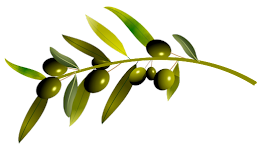

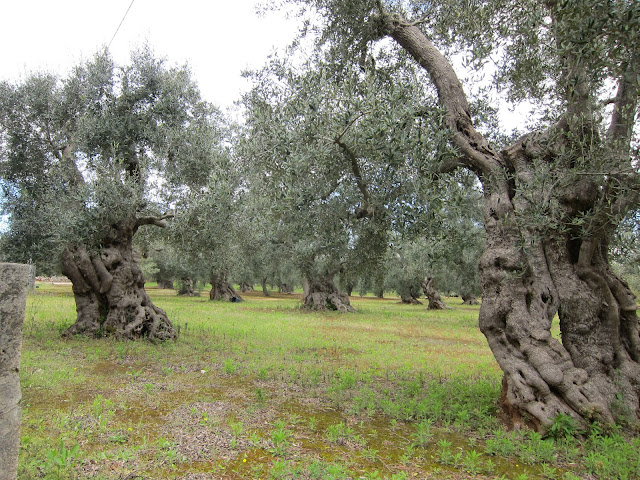

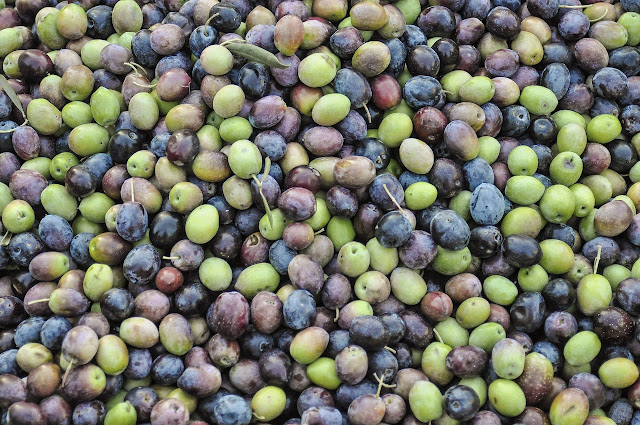


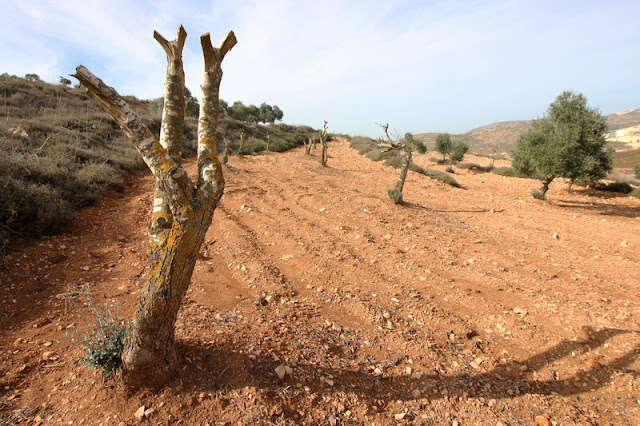
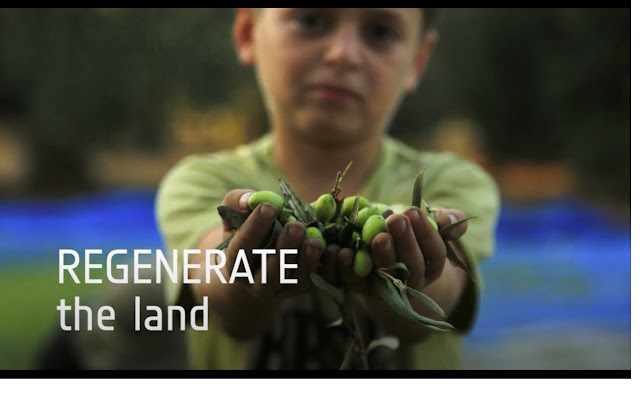

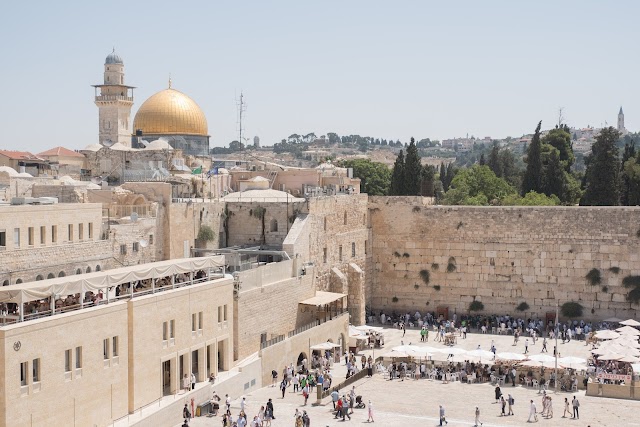
0 Comments
if you have any doubts, please let me know.